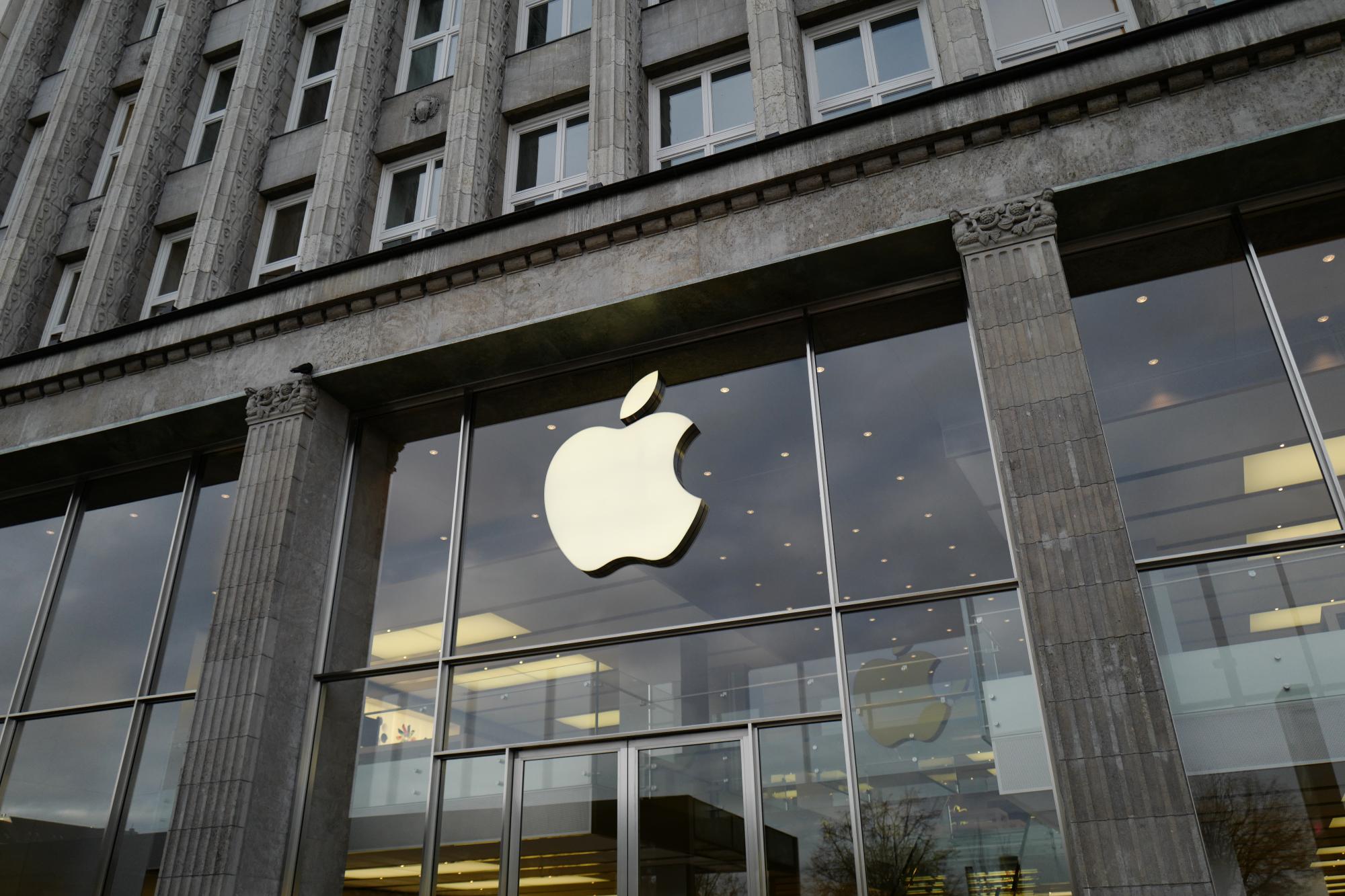Apple shifts iPhone production for US market from China to India amid tariff pressure
 Tim Cook, CEO of Apple (Photo: Getty Images)
Tim Cook, CEO of Apple (Photo: Getty Images)
Apple is relocating the bulk of its iPhone production for US consumers from China to India as global trade dynamics shift, BBC reports.
Apple CEO Tim Cook revealed that iPhones destined for the US will soon mostly be manufactured in India, marking a significant shift in the company's global production strategy.
"We do expect the majority of iPhones sold in US will have India as their country of origin," Cook stated during an earnings call with investors.
He also highlighted Vietnam's growing role, saying it will become the primary hub "for almost all iPad, Mac, Apple Watch and AirPods product sold in the US."
This change comes as Apple braces for an estimated $900 million increase in costs this quarter due to US import tariffs.
While some key electronics have been exempted from these new duties, the broader impact of the Trump-era trade policies continues to reverberate across global supply chains.
Political pressure and a $500 billion investment plan
The Trump administration has long urged Apple and other tech giants to shift manufacturing to the United States.
Although Apple has not committed to domestic production en masse, the company is emphasizing its economic contributions at home.
"We're investing $500 billion across several US states over the next four years," Cook reminded investors, aiming to underscore the firm's commitment to the US economy despite shifting its physical production elsewhere.
Analysts point out that moving such large-scale manufacturing operations is neither quick nor cheap.
"There will still be tariffs that impact the supply chains [for Apple] and a cost to move them and build new factories," said Shanti Kelemen, chief investment officer at M&G Wealth, in a BBC interview.
 iPhones for America will now be made in India, says Apple (Illustrative photo: Getty Images)
iPhones for America will now be made in India, says Apple (Illustrative photo: Getty Images)
Earlier, it was reported that Apple is unlikely to move iPhone assembly to the US due to complex supply chains and manufacturing ecosystems that took decades to develop in China.
According to The Financial Times, more than 700 factories are involved in iPhone production, and only a fraction of suppliers operate outside China.
Experts suggest that even if assembly were relocated to the US, it would be highly automated and bring little economic benefit in terms of job creation — making the idea politically appealing, but practically unrealistic.


